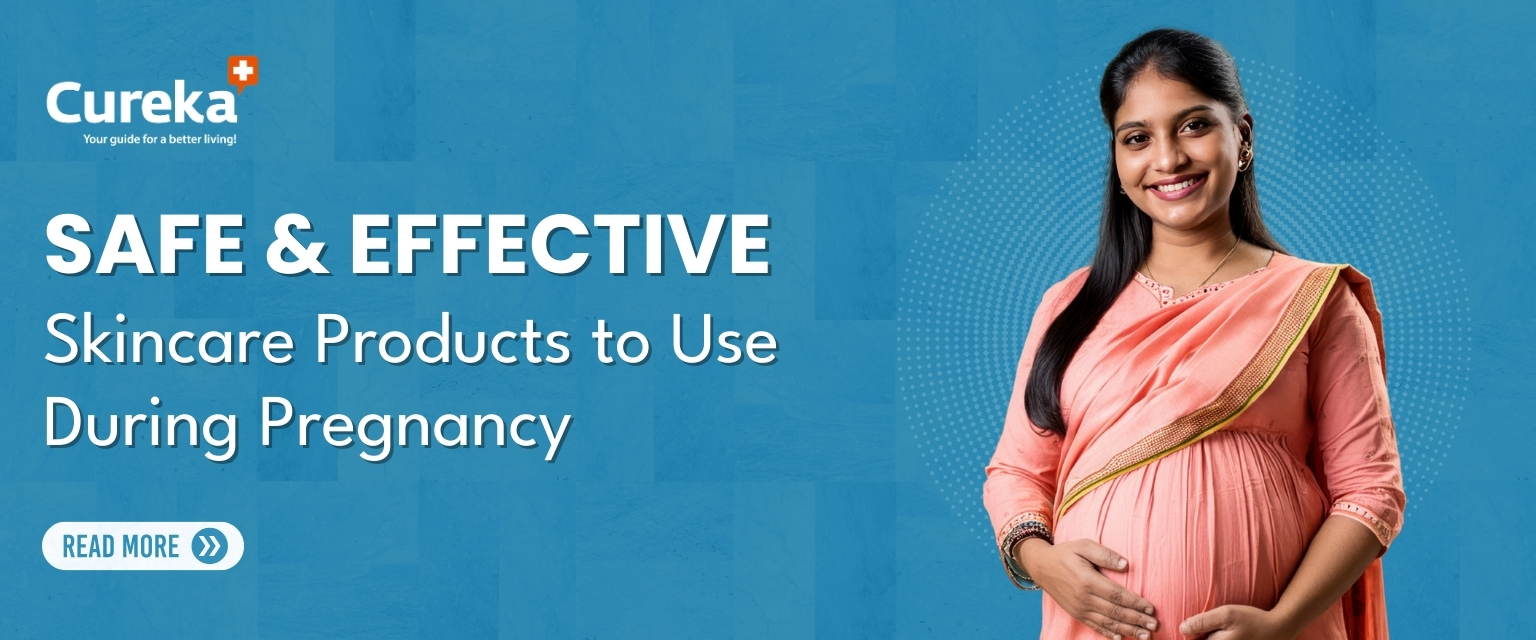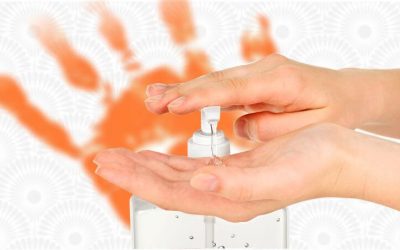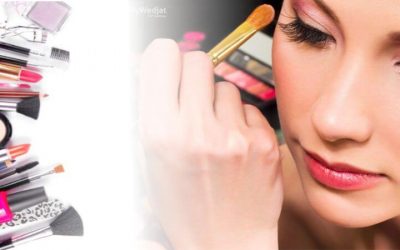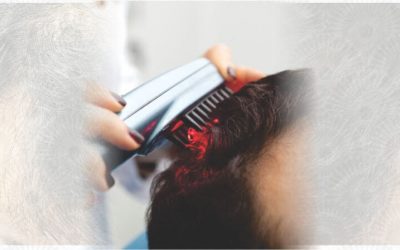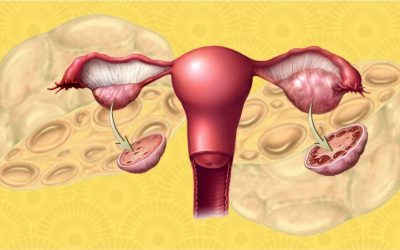Safe and Effective Skincare Products to Use during Pregnancy
Pregnancy is a time of incredible transformation, not just for your body but for your skin as well. One such change is an increase in androgen levels, which can lead to unexpected changes like acne breakouts, skin sensitivity, pigmentation, swelling, and even brittle nails. While it’s natural to want to maintain a healthy glow during this special time, not all skincare products are safe for pregnancy. Some ingredients can be absorbed into the bloodstream and may pose potential risks to your baby.
So, how do you keep your skin radiant and healthy while ensuring the safety of both you and your little one?
Acne Treatment During Pregnancy
Many women struggle with pregnancy acne due to increased oil production caused by hormonal changes. While some acne treatments are safe, others should be avoided due to potential risks.
Safe Acne Treatments:
- Benzoyl Peroxide: Not detected in serum, making it safe for pregnancy in small amounts.
- Clindamycin Phosphate & Erythromycin: Commonly used antibiotics for acne, both undetectable in plasma and considered safe.
Cautionary Acne Treatments:
- Tretinoin (Topical Retinoids): Although systemic absorption is low, there have been a few case reports of birth defects related to topical retinoid use. Until more data is available, it is best to avoid topical retinoids during pregnancy.
- Salicylic Acid: While low-dose oral aspirin has been deemed safe during pregnancy, no studies confirm the safety of topical salicylic acid. However, since only small amounts are absorbed, occasional use in low concentrations (below 2%) is generally considered low risk.
Exfoliation and Skin Brightening
Pregnant women often experience dull skin, hyperpigmentation, and melasma (pregnancy mask). Exfoliating agents and skin-lightening ingredients help maintain an even skin tone, but not all are safe.
Safe Exfoliants:
- Glycolic Acid (AHA): Absorbed up to 27%, but studies suggest minimal systemic absorption, making it generally safe in low concentrations (<10%).
- Lactic Acid: A milder AHA alternative, safe for pregnancy.
Cautionary Skin-Brightening Agents:
- Hydroquinone: Absorbed at 35–45%, making it one of the highest absorbed skincare ingredients. Although no direct birth defects have been reported, due to its high absorption rate, it is best to avoid hydroquinone during pregnancy.
Sun Protection During Pregnancy
Protecting your skin from UV damage is crucial, especially as pregnancy hormones increase the risk of melasma.
Safe Sunscreens:
- Mineral Sunscreens (Zinc Oxide & Titanium Dioxide): These form a physical barrier on the skin and have minimal absorption.
- Chemical Sunscreens (Oxybenzone, Octocrylene, Octisalate): Absorption is below detection limits to 8.7%, making them generally safe. However, some women prefer to avoid oxybenzone due to concerns about hormone disruption.
Hair Removal and Skin Bleaching
Increased hair growth on different body parts is common during pregnancy. Hair removal products, including depilatory creams and bleaching agents, have varying safety levels.
Safe Hair Removal Methods:
- Shaving & Waxing: No chemicals involved, making them the safest methods.
- Depilatory Creams (Thioglycolic Acid, Sodium Hydroxide): Studies indicate negligible systemic absorption, making them low risk during pregnancy.
- Cautionary Hair Bleaching Agents
- Hydrogen Peroxide: Minimal absorption in low concentrations, but prolonged use of high concentrations should be avoided.
Nail Care and Pregnancy
Pregnant women often experience brittle nails, leading to the use of nail treatments.
Safe Nail Care:
Hypoallergenic Nail Cleansers : A safer alternative to acetone-based removers.
Nail Products to Avoid:
Nail Polishes Containing Phthalates : These are systemically absorbed and, while no direct birth defects have been linked, recent studies suggest minimizing their use.
Managing Vascular Issues During Pregnancy
Swelling, varicose veins, and leg discomfort are common in pregnancy due to increased blood volume and hormonal changes.
Safe Remedies for Edema and Varicose Veins:
- Elastic Compression Stockings: Help improve circulation and reduce swelling.
- Leg Elevation & Lymphatic Drainage Massage: Simple lifestyle changes to reduce discomfort.
- Horse Chestnut Extract (Aescin): Has anti-inflammatory effects and is considered safe.
- Ingredients to Avoid for Edema Relief
- Arnica Extract: While it has anti-inflammatory benefits, oral arnica can induce contractions. Topical arnica should also be avoided due to potential risks.
- Camphor & Menthol (>3%): These penetrate the skin and can cross the placental barrier, posing risks to the fetus.
Cellulite Treatments During Pregnancy
Cellulite is a common concern due to fat accumulation and hormonal changes. Many topical products claim to reduce cellulite, but not all ingredients are safe.
Ingredients to Avoid in Anti-Cellulite Creams
- Caffeine, Theobromine, Theophylline: These methylxanthines enhance fat breakdown, but high concentrations (>5%) should be avoided due to potential systemic absorption.
- Xanthine & Methylxanthine Derivatives: Often combined with liposomes to increase absorption into deeper skin layers, making their safety profile uncertain. Best if avoided during pregnancy.
Insect Repellents and Pregnancy
Pregnant women are advised to protect themselves from mosquito-borne diseases such as Zika, Dengue, and Chikungunya.
Safe Insect Repellents:
- DEET (10-30%): Proven safe for pregnancy, but should be used in moderation.
- Icaridin (Picaridin), IR3535, & Lemongrass Oil: These are alternative repellents, though research on their safety during pregnancy is limited.
Natural Skincare during Pregnancy
- Many conventional skincare products contain harsh chemicals that may not be suitable for pregnancy. That’s where The Good Hygiene Company comes in, a dermatologist-formulated skincare brand that puts safety, sustainability, and efficacy first.
- Their Go Gently range is crafted with handpicked, organic ingredients infused with nourishing plant oils, ensuring each product is safe for sensitive skin and pregnancy-friendly. Free from harmful toxins, synthetic fragrances, and potential irritants, these formulations are designed to nurture your skin naturally while being kind to the planet. Plus, their commitment to sustainable, eco-friendly packaging makes them a great choice for conscious moms-to-be.
- If you’re looking for a skincare routine that prioritizes both your well-being and environmental responsibility, The Good Hygiene Company offers safe, effective, and dermatologist-approved solutions.
Key Takeaways:
- Safe ingredients include benzoyl peroxide, clindamycin, erythromycin, glycolic acid (low concentration), zinc oxide sunscreens, hypoallergenic nail cleansers, horse chestnut extract, and DEET (10-30%) insect repellents.
- Ingredients to avoid include retinoids, hydroquinone, high-concentration salicylic acid, arnica, high-dose caffeine, camphor, menthol (>3%), and nail polishes with phthalates.
Conclusion
Skincare during pregnancy requires extra caution, as some ingredients can be absorbed into the bloodstream and potentially affect fetal development. While many products are safe, it is always best to read ingredient labels, opt for dermatologist-approved formulations, and consult a Dermatologist or healthcare professional before using new products into your routine.
References :
- Safety of skin care products during pregnancy – 2011 jun – https://pmc.ncbi.nlm.nih.gov/articles/PMC3114665/
- Skin Changes and Safety Profile of Topical Products During Pregnancy – feb 2022 – https://pmc.ncbi.nlm.nih.gov/articles/PMC8884185/
- A review of the safety of cosmetic procedures during pregnancy and lactation – 2017 Feb – https://pmc.ncbi.nlm.nih.gov/articles/PMC5418954/

